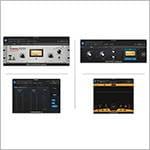Are you someone who wants to start playing music but you’re unsure which instrument to choose, or perhaps you're curious about the bass but think it might be too difficult?
In this column, I will introduce everything from the basics of the electric bass to practice methods and gear knowledge in a 10-part serialized format for beginners like you.
In this first article, I will talk about the appeal and role of the electric bass as an instrument. By understanding what kind of presence the bass has in a band and why it's essential to music, I hope that your future practice and instrument selection will become even more exciting.
1. The Appeal and Role of the Electric Bass
The electric bass is an indispensable presence in bands and ensembles. While it may not have as many flashy solo opportunities as the guitar or drums, the bass supports the entire piece from underneath, functioning as the “foundation” that shakes the listener’s body.
To beginners, the bass may seem plain or difficult, but the more you learn about it, the deeper it becomes, and the more you can feel its importance in the band’s sound.
Here, we will take a closer look at the appeal and the role of the electric bass.
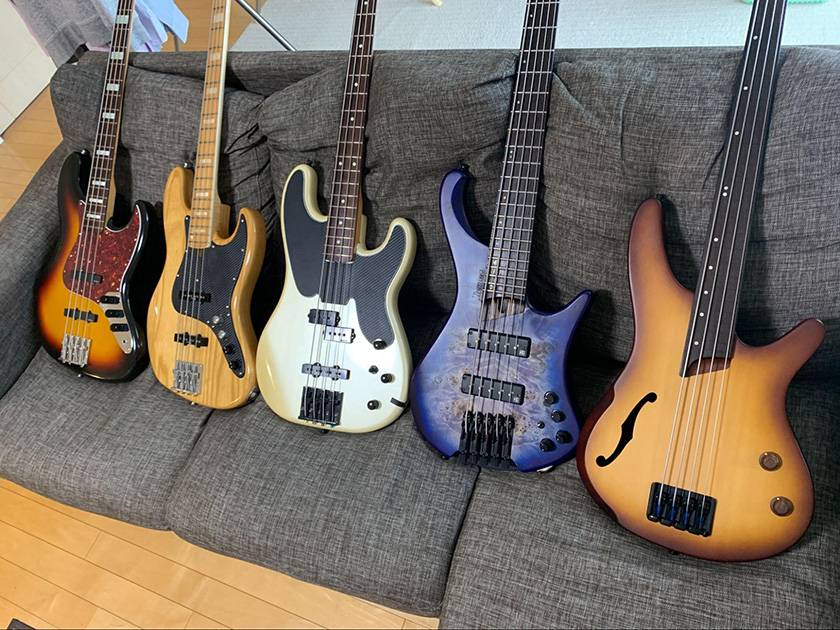
2. The Backbone of the Band
The primary role of the electric bass is to form the foundation of the band’s sound. Specifically, it fulfills the following functions:
- ● Supports the Rhythm
- The bass works in tandem with the drums to stabilize the rhythm of a song. Especially when the low tones of the bass align with the bass drum (kick), it creates a groove that naturally makes the listener’s body move.
- ● Lays down the Harmonic Foundation
- In a band, instruments like the guitar and keyboard play chords (harmony), but by playing the root note, the bass clearly indicates which chord is being played.
What is a root note…
The root note is the fundamental note of a chord, the lowest note shown in the chord name, and serves as its base.
Here, we’ve prepared a sample audio clip.
You may have noticed that the first half and second half sound different. In fact, the piano is playing exactly the same notes in both parts with only the bass playing different notes.
It’s thanks to the bass that music gains harmony and direction.
- ● Controlling the Song’s Development
- The bass can dramatically change the atmosphere of a song by either playing tight, intricate rhythms or reducing the number of notes.
From the flowing bass lines in ballads to the bouncy bass in funk, its nuances often determine the overall impression of a track.
3. The Appeal of Low Frequencies and the Physical Nature of Bass Sound
While the high tones of instruments like the guitar or piano are often enjoyed through the ears, the low tones of the bass are felt with the body.
When you’re at a live venue and the bass sounds blast from large speakers, the vibrations resonate deep in your chest.
This sound that you can feel throughout your body is something that’s unique about the bass, and the player can directly experience the sensation of making the audience move.
Additionally, low frequencies add thickness to the overall sound of the music.
If the bass were removed from a band, the music would feel hollow and lose much of its impact.
This kind of not flashy, but absolutely essential presence is one of the most distinctive features about the bass.
Now, let’s listen using one of my original tracks.
Ex-2a is an audio clip with bass, and Ex-2b is without bass.
■ Ex-2a
■ Ex-2b
What do you think? Listening like this should help you understand just how important the bass really is.
4. A Balance of Flash and Subtlety
The bass is often seen as a quiet or unassuming instrument, but in reality, it’s one with a great deal of freedom.
For example, in pop and rock, the bass often plays a steady, supportive role in the band.
However, in genres like jazz and fusion, the bass frequently plays the melody or takes solos.
There are also flashy playing styles like slap bass, making it an instrument that strongly reflects the player’s individuality.
Take some famous bassists as examples:
Paul McCartney (The Beatles) is known for his melodic bass lines that have a vocal-like quality.
Jaco Pastorius mastered the fretless bass to develop a singing, expressive style of playing.
Then there’s Flea of Red Hot Chili Peppers, who delivers aggressive slap performances.
These diverse styles show just how deep and versatile the bass truly is.
5. The Appeal of Bass for Beginners
So, what makes the bass appealing for beginners?
Broadly speaking, the following points stand out:
- ● Start with Simple Phrases
- The bass can contribute to a song just by playing a single note.
Even just playing the root note can support the band’s overall sound, making it easy to quickly experience a sense of accomplishment in your playing. - ● Become the Core of the Ensemble
- When the bass is steady, the other band members can play with confidence.
On the other hand, if the bass falters, the entire band can become unstable.
This makes the bass a powerful and rewarding instrument that plays a key in the behind-the-scenes role. - ● It Easily Reflects the Player’s Personality
- Even when playing the same song, the nuance of the bass line changes depending on who plays it.
Though simple, the bass directly reveals the player’s feeling and sense of rhythm, making it a highly expressive instrument.
6. The Musical Skills You Gain by Learning Bass
When you start playing bass, you don’t just learn how to perform, but you also deepen your overall musical understanding. For example:
- ● Improved Sense of Rhythm
- Since you’re constantly playing in sync with the drums, you develop the ability to accurately feel and keep time (rhythm).
- ● Understanding Chord Progressions
- By playing root notes, you naturally begin to grasp how chord changes work.
- ● Ear Training
- Because low frequencies are harder to hear clearly, playing bass helps train your ear to pick up subtle sounds.
These skills are useful not only for bass but also when playing other instruments.
Being able to view music from the perspective of the supporting role is a unique strength of bassists.
7. To Summarize
The electric bass may not often take the spotlight, but it plays an essential role as the “backbone” of music.
Its low-end sound moves the listener’s body, forms the rhythmic foundation together with the drums, and clearly outlines the chord progression.
With a blend of flashiness and subtlety, the bass also offers the joy of performance—even beginners can enjoy playing simple phrases.
If you’re just starting out, you might wonder, “Will I really stand out?”
But once you start playing, you’ll likely become hooked on the joy of supporting the music and the powerful low end you can feel throughout your body—this is something that no other instrument can offer.
In this first article of the series, I introduced the appeal and role of the bass.
From the next part onward, we’ll get deep into specific topics like types of basses and gear.
⇒ Beginner Bass Starter Set – List
The “sound & person” column is made up of contributions from you.
For details about contributing, click here.






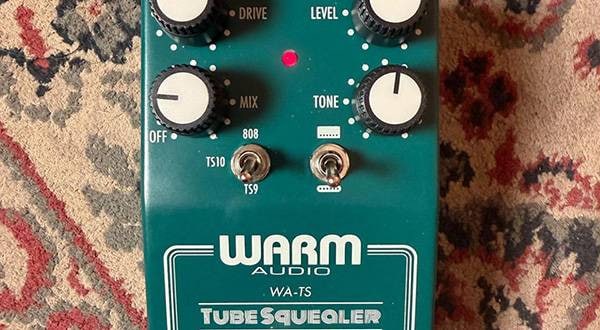


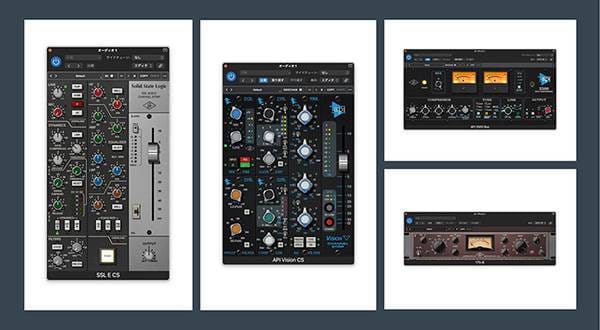
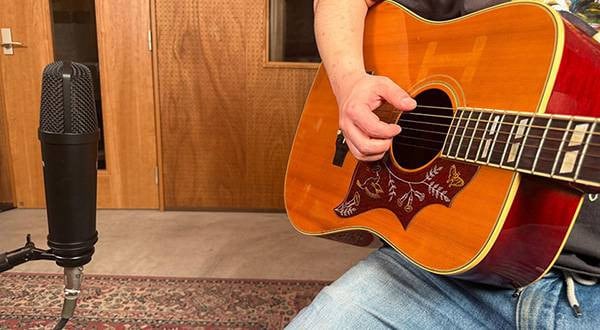

![Equipment Coordination - Recommended Items for a Budget of 50,000 Yen [Bass Edition]](/contents/uploads/thumbs/5/2022/3/20220331_5_17355_1.jpg)


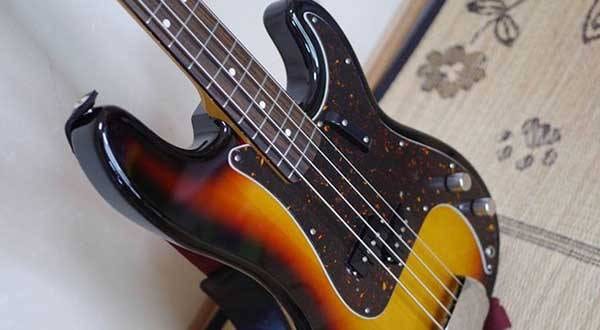
![[Bass] The attraction of the Mustang Bass](/contents/uploads/thumbs/5/2020/11/20201106_5_11523_1.jpg)
 基礎から学ぶベースレッスン
基礎から学ぶベースレッスン
 ベーススタートガイド
ベーススタートガイド
 超オススメのフレーズ道場 ベース
超オススメのフレーズ道場 ベース
 ベースの選び方
ベースの選び方
 ベースを始めるのに必要なものは?
ベースを始めるのに必要なものは?
 ベース初心者講座
ベース初心者講座





